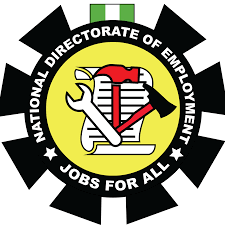Motorists and commuters in Kano metropolitan, on Wednesday lamented the hike in the pump price of Petrol.
The News Agency of Nigeria (NAN) reports that NNPC Ltd. retail management had on Tuesday, approved an upward review of the pump price from N617 per litre to N897 litre, with effect from Sept. 3.
The motorists and commuters told NAN that the review was uncalled for considering the economic hardship and persistent fuel scarcity in the country.
They said that the Federal Government should think of ways to alleviate the hardship and not put more burden on Nigerians.
NAN check reveals that fuel stations in Gwale, Kumbosto, Fagge, Dala, Tauroni and Nasarawa Local Government Areas adjusted their pump prices from the previous range of N950 to N1, 000 per litre.
Alhaji Mohammad Ibrahim, a resident of Gwale, said that he could no longer afford to buy petrol for his car and generator.
“ I am parking my car until further notice and adjusting my lifestyle to cope with the economic hardship.
“I have a large family of 14 members and I have to provide for them because they rely on me for their daily needs,’’ he said.
Another motorist in Tauroni, said he witnessed the price adjustment firsthand, as the fuel attendant increased the pump price from N950 to N1, 400 per litre.
NAN reports that NNPC Mega stations have also increased their prices from N750 to N950 per litre across all their stations, with long queues of vehicles waiting to purchase the product.
Mr Moses Joseph, a resident of France Road, expressed concern about the sudden increase in pump price of petrol, adding that the increase is hurting the citizens
Joseph said that the prices of commodities have skyrocketed, with some items increasing by 200 per cent.
He cited the example of sachet water (pure water) which has risen from ₦200 to ₦450, depending on the company.
Joseph lamented the lack of price control, stating that traders have the freedom to set their own prices for products based on what they pay to producers.
“The price hike has a ripple effect on transportation costs, with commercial tricycle operators increasing their fares by 200 per cent depending on the distance,“he said.
He expressed concern over the unregulated prices of commodities across markets and the resulting hardship on citizens.( NAN)
























